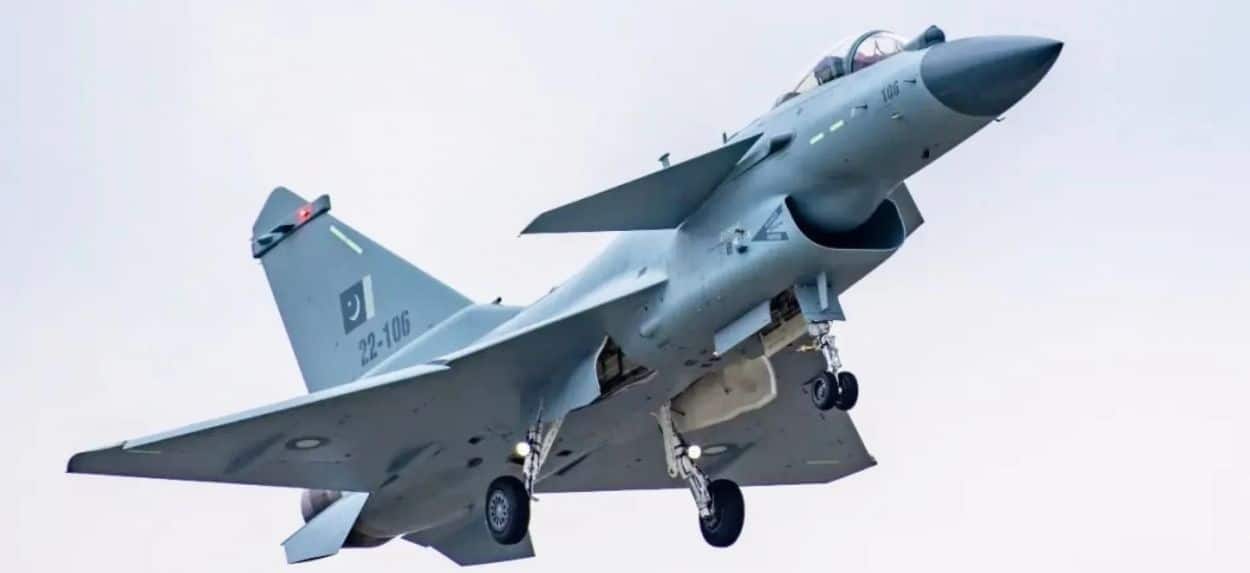A senior French military commander has provided a detailed analysis of the May 2025 air combat between India and Pakistan. This offers a new perspective on the engagement that has been studied by militaries worldwide. Captain Jaquis Launay, a commander with 25 years of experience flying Rafale fighter jets, shared his assessment during an international defence conference.
Captain Launay, who leads a naval air base in Landivisiau, France, supervises a significant fleet including Rafale jets equipped for nuclear missions. His comments at the Indo-Pacific conference were organised by France’s Institute of Advanced Studies in National Defence. They provide a professional military assessment of the rare large-scale air engagement.
During his briefing, Captain Launay addressed the aircraft’s performance. He confirmed that Indian Air Force Rafale jets were shot down during the combat. However, he attributed this outcome not to the technological superiority of opposing aircraft, but to the complexities of the battle itself.
The commander described a highly complicated scenario involving more than 140 fighter jets. He explained that the dense aerial environment made aircraft vulnerable. He stated that “it was very easy to hit an aircraft because a large number of targets were available to both sides.” According to his analysis, the Pakistan Air Force demonstrated superior situational handling. They managed the chaotic engagement more effectively than its adversary.
Read: Pakistan’s JF-17 Thunder Steals Spotlight at Dubai Airshow 2025
When questioned about the Rafale’s radar performance during the engagement, Captain Launay defended the aircraft’s capabilities. He asserted that “there was nothing wrong with the war machine, but the machine was not used properly.” He maintains that the Rafale could compete with and defeat Chinese J-10C fighters in any combat scenario.
The commander also revealed that India remains interested in acquiring naval versions of the Rafale, indicating continued confidence in the aircraft platform. He outlined future developments, including an advanced F-4 version of the Rafale. Furthermore, he emphasised that despite advancements in drone technology, manned fighter aircraft will remain crucial until at least 2040.
The conference concluded with an address by Rear Admiral Guillaume Pingent, Commander of the Asia-Pacific Zone. Delegates represented various military, intelligence, and counter-terrorism organisations from 32 countries.
*The news feed was sourced from GEO News Pakistan






